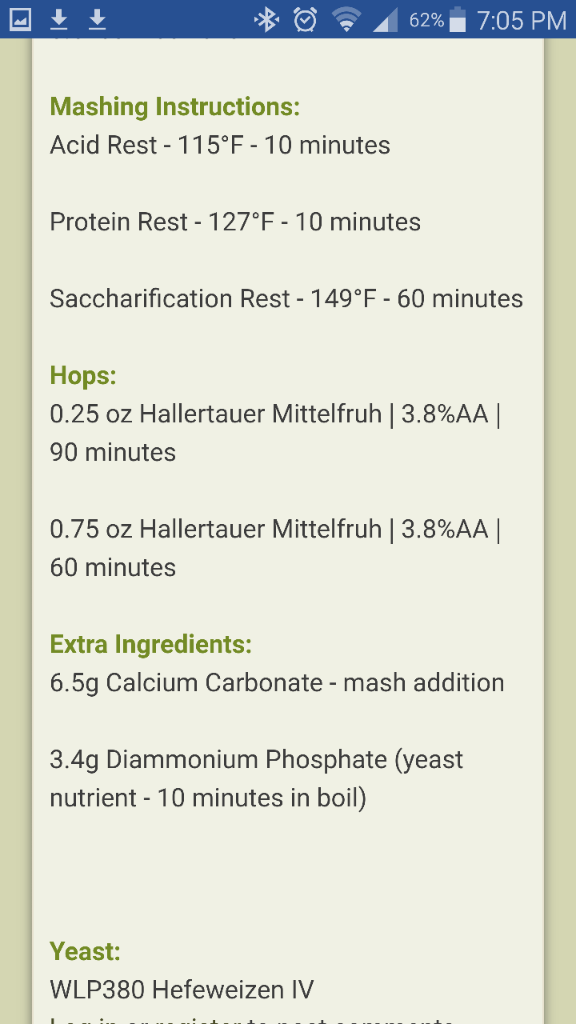applescrap
Be the ball!
I didnt see mentioned as I waded through the lodo discussion, the water in Germany. I mean their water I think tastes different and that is what makes it hard to replicate as well? Dont know. Also, the amount of hops and boil time could play a role. I think too much hops will make a beer seem much less malty. Grain type/quality. This has to play a role as well. Just my 2c.
As for lodo, I had no problem with it from the get go. And for one seeking a "winning" brewer I listened to a broadcast on brew files with drew and denny. They had a guy who won nhbc twice, I think plus a s...t ton of other wins. If you want to win nhbc, listen to that. I suppose I could find it and post the link. Its on experimental brewing webpahe iirc. He is particular as hell about packaging, brewing etc...Makes sense. I have never been to a judging or comp, but it makes sense. Beer after beer, some really good. And then, what, what was that? This beer is different and it is, even just a little. Its enough to give it an edge, I feel. I dont know, do lots of American breweries lodo. There are some damn good beers out there. I dont know if I will ever get around to caring enough or brewing lodo. But lets be clear, all of my reading points to a difference. Not always good mind you.
For another winner. Seek mino choi. On chop and brew episode he shows off his 50 medals or however many. Big ones too! He also has a brew file episode. He states clearly that when he stopped using the spring water from his special spring he stopped winning. He would gather 50 g of that water at a time. He got a perfect score on his first mead from a famous judge. I know he ages his product well, and states he only drinks it rarely with friends and family. I am guessing in the year of aging range or more for ciders and meads. He also talks about mastering one style. He brews it over and over, iirc. The way I see it, is if you want to WIN, you need to play how they play. I like winners and support you fully if you want to go for it. Hope either of these two help you.
As for lodo, I had no problem with it from the get go. And for one seeking a "winning" brewer I listened to a broadcast on brew files with drew and denny. They had a guy who won nhbc twice, I think plus a s...t ton of other wins. If you want to win nhbc, listen to that. I suppose I could find it and post the link. Its on experimental brewing webpahe iirc. He is particular as hell about packaging, brewing etc...Makes sense. I have never been to a judging or comp, but it makes sense. Beer after beer, some really good. And then, what, what was that? This beer is different and it is, even just a little. Its enough to give it an edge, I feel. I dont know, do lots of American breweries lodo. There are some damn good beers out there. I dont know if I will ever get around to caring enough or brewing lodo. But lets be clear, all of my reading points to a difference. Not always good mind you.
For another winner. Seek mino choi. On chop and brew episode he shows off his 50 medals or however many. Big ones too! He also has a brew file episode. He states clearly that when he stopped using the spring water from his special spring he stopped winning. He would gather 50 g of that water at a time. He got a perfect score on his first mead from a famous judge. I know he ages his product well, and states he only drinks it rarely with friends and family. I am guessing in the year of aging range or more for ciders and meads. He also talks about mastering one style. He brews it over and over, iirc. The way I see it, is if you want to WIN, you need to play how they play. I like winners and support you fully if you want to go for it. Hope either of these two help you.




